Being accused of a hit-and-run is a serious and alarming situation that can have severe legal consequences. This isn’t just a traffic violation; it’s a criminal offense that can lead to hefty fines, loss of driving privileges, and even jail time. If you’re in this position, here’s what you need to do—immediately!
1. Don’t Ignore the Accusation

Image Credit: Shutterstock / Ground Picture
If you’ve been accused of a hit-and-run, the worst thing you can do is ignore the situation and hope it goes away. Law enforcement takes these accusations seriously, and failing to respond can escalate the situation rapidly. The police may issue a warrant for your arrest if you don’t cooperate, so it’s crucial to address the issue head-on.
2. Contact a Criminal Defense Attorney Right Away
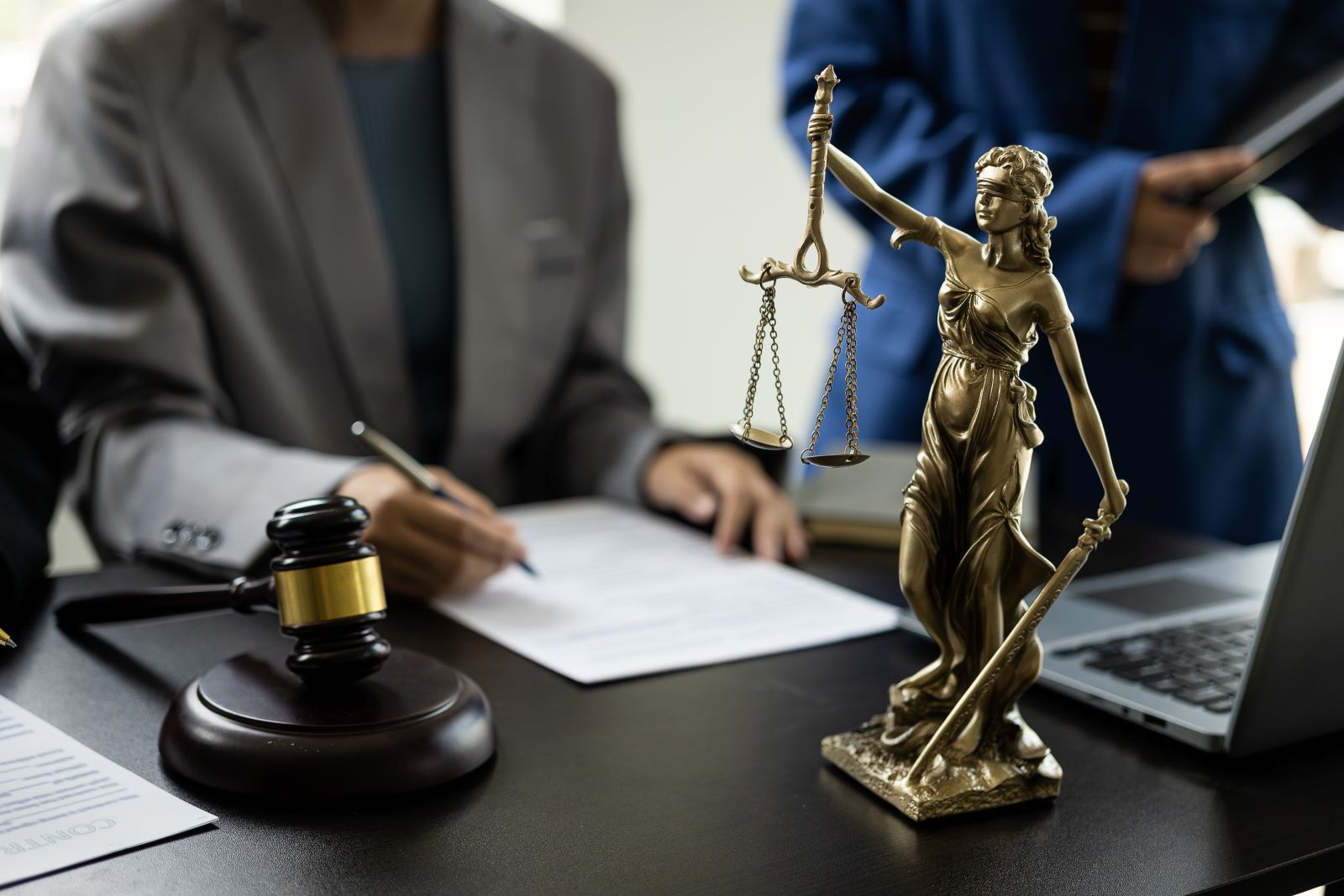
Image Credit: Shutterstock / Mr. Ashi. Sae Yang
The moment you learn about the accusation, contact a criminal defense attorney who has experience with hit-and-run cases. This is not a situation where you can afford to represent yourself. A skilled attorney can guide you through the legal process, advise you on what to say to the authorities, and help protect your rights.
3. Avoid Discussing the Incident with Anyone

Image Credit: Shutterstock / Ground Picture
Anything you say can be used against you. Don’t discuss the details of the incident with anyone—especially the police—without your attorney present. Even casual conversations with friends or family can come back to haunt you. Let your attorney handle all communications related to the case.
4. Preserve Any Evidence You Have

Image Credit: Shutterstock / Nicola Forenza
If you were involved in the incident, gather any evidence that could support your case. This includes dashcam footage, photos of the scene, or even your GPS data. Evidence can be the difference between conviction and clearing your name, so secure anything that can help establish your side of the story.
5. Don’t Admit Fault

Image Credit: Shutterstock / Ground Picture
No matter how overwhelming the situation feels, do not admit fault—either to the police, the other party, or insurance companies—until you’ve consulted with your attorney. Admitting guilt can have serious legal consequences, and it may not reflect the full reality of the situation. Let your attorney handle any discussions about responsibility.
6. Prepare for Potential Arrest

Image Credit: Shutterstock / Studio Romantic
Being accused of a hit-and-run means you could face arrest. If you receive notice of an investigation or are asked to come in for questioning, be prepared. Know your rights, and don’t answer any questions without your attorney present. Cooperate peacefully, but remember that you don’t have to incriminate yourself.
7. Understand the Penalties You Could Be Facing

Image Credit: Shutterstock / LightField Studios
Hit-and-run penalties vary by state but can be severe. In many states, if the hit-and-run caused injury or death, you could be facing felony charges with prison time of up to 15 years, along with fines that can reach $20,000 or more. Even in cases where there’s only property damage, you could still face misdemeanors with heavy fines, license suspension, and potential jail time.
8. Be Aware of Insurance Consequences
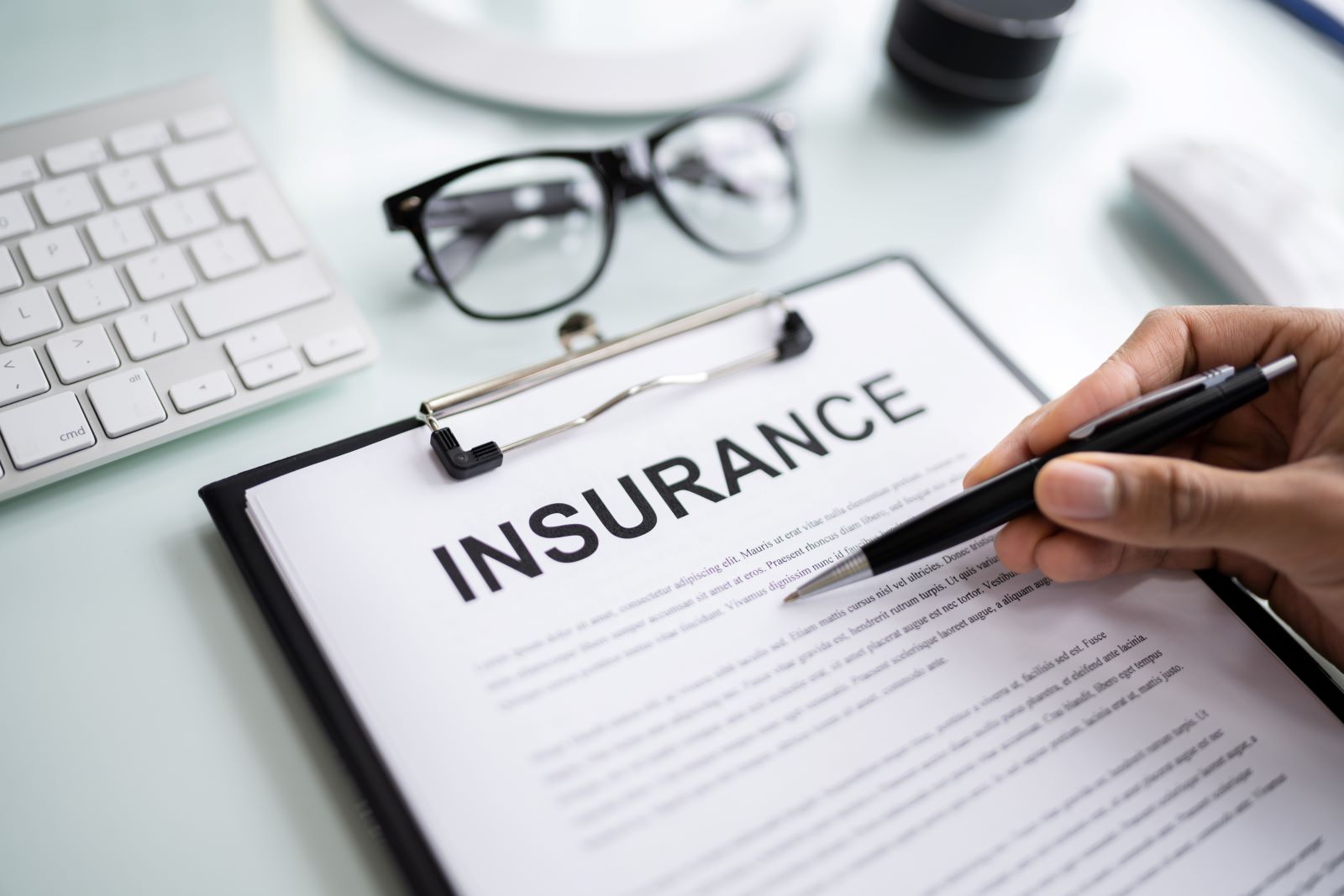
Image Credit: Shutterstock / Andrey_Popov
If convicted, a hit-and-run will likely result in a drastic increase in your insurance premiums—or even cancellation of your policy altogether. Insurance companies view hit-and-runs as a red flag for high-risk behavior, meaning you could struggle to find affordable coverage in the future.
9. Prepare for a Civil Lawsuit
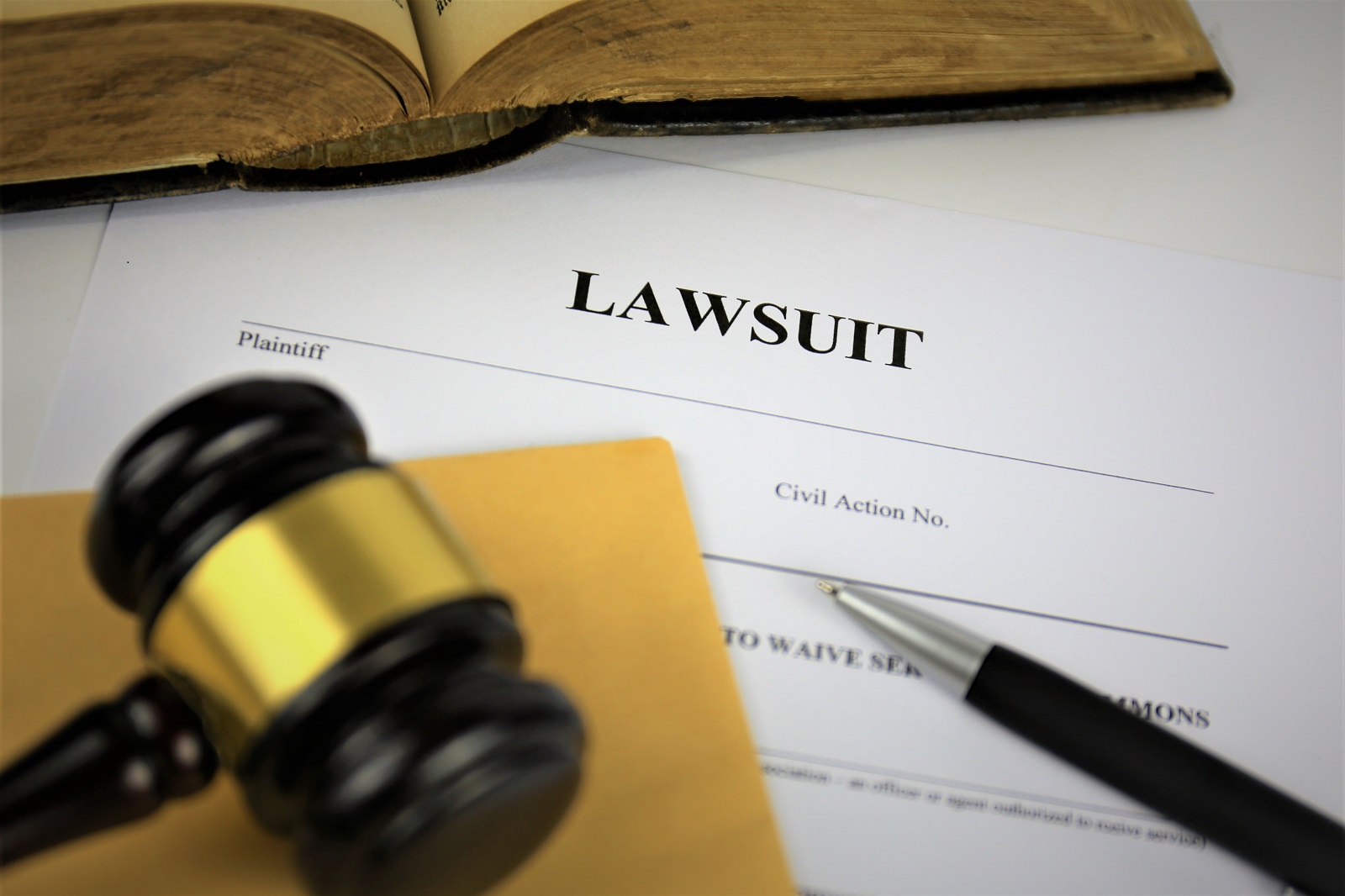
Image Credit: Shutterstock / Ulf Wittrock
In addition to criminal charges, you may also face a civil lawsuit if the victim of the hit-and-run decides to sue for damages. This could mean being held financially responsible for medical bills, property damage, and other costs, on top of the criminal penalties you’re already facing.
10. Don’t Run from the Police

Image Credit: Shutterstock / Gorodenkoff
If you’re aware that law enforcement is trying to contact you regarding a hit-and-run, do not avoid them. Running from the police will only worsen your situation, potentially adding charges like evading arrest to your list of legal troubles. Contact your attorney and arrange to turn yourself in if necessary.
11. Be Prepared for Court Appearances

Image Credit: Shutterstock / SynthEx
Hit-and-run cases often require multiple court appearances, and missing any of them could result in a warrant for your arrest. Take every court date seriously, and follow your attorney’s guidance on how to present yourself in court. Missing a court appearance can turn an already bad situation into a legal nightmare.
12. Cooperate with Your Attorney Fully

Image Credit: Shutterstock / Korawat photo shoot
Your defense attorney is your strongest ally in this situation. Provide them with all the details, no matter how small or uncomfortable they may be. The more information your attorney has, the better they can defend you. Trust their expertise, and follow their advice closely.
13. Understand the Long-Term Impact on Your Life

Image Credit: Shutterstock / Geber86
A hit-and-run conviction can have long-lasting effects on your life. Beyond legal penalties, it can impact your career, personal relationships, and financial stability. Convictions are public records, meaning future employers, landlords, and even dating partners may have access to this information. This is a serious charge that can follow you for years to come.
14. The Sooner You Act, the Better Your Chances

Image Credit: Pexels / Andrea Piacquadio
The longer you wait to address the accusation, the harder it becomes to mount an effective defense. Acting quickly can make all the difference. Start by contacting an attorney and gathering evidence as soon as possible. The faster you take steps to protect yourself, the better your chances of avoiding severe consequences.
15. Consider Plea Deals Carefully

Image Credit: Shutterstock / Gorodenkoff
In some hit-and-run cases, the prosecutor may offer a plea deal. While this might seem like a way to reduce your penalties, you should only agree to a deal after consulting with your attorney. Pleading guilty to a lesser charge might reduce your jail time, but it can still leave you with a criminal record and other long-term consequences.
16. You May Have to Face Victims in Court

Image Credit: Shutterstock / AnnaStills
If the hit-and-run resulted in injury or property damage, you may have to face the victims in court. This can be emotionally challenging, but it’s a reality you’ll need to prepare for. Your attorney can help guide you through this process and ensure that your rights are protected while respecting the victims’ needs for justice.
17. Keep a Low Profile

Image Credit: Shutterstock / Frame Stock Footage
While your case is ongoing, it’s essential to stay out of further legal trouble. Avoid situations that could result in additional charges or bad publicity. The last thing you need is more legal complications that could affect your hit-and-run case.
18. Don’t Expect a Quick Resolution
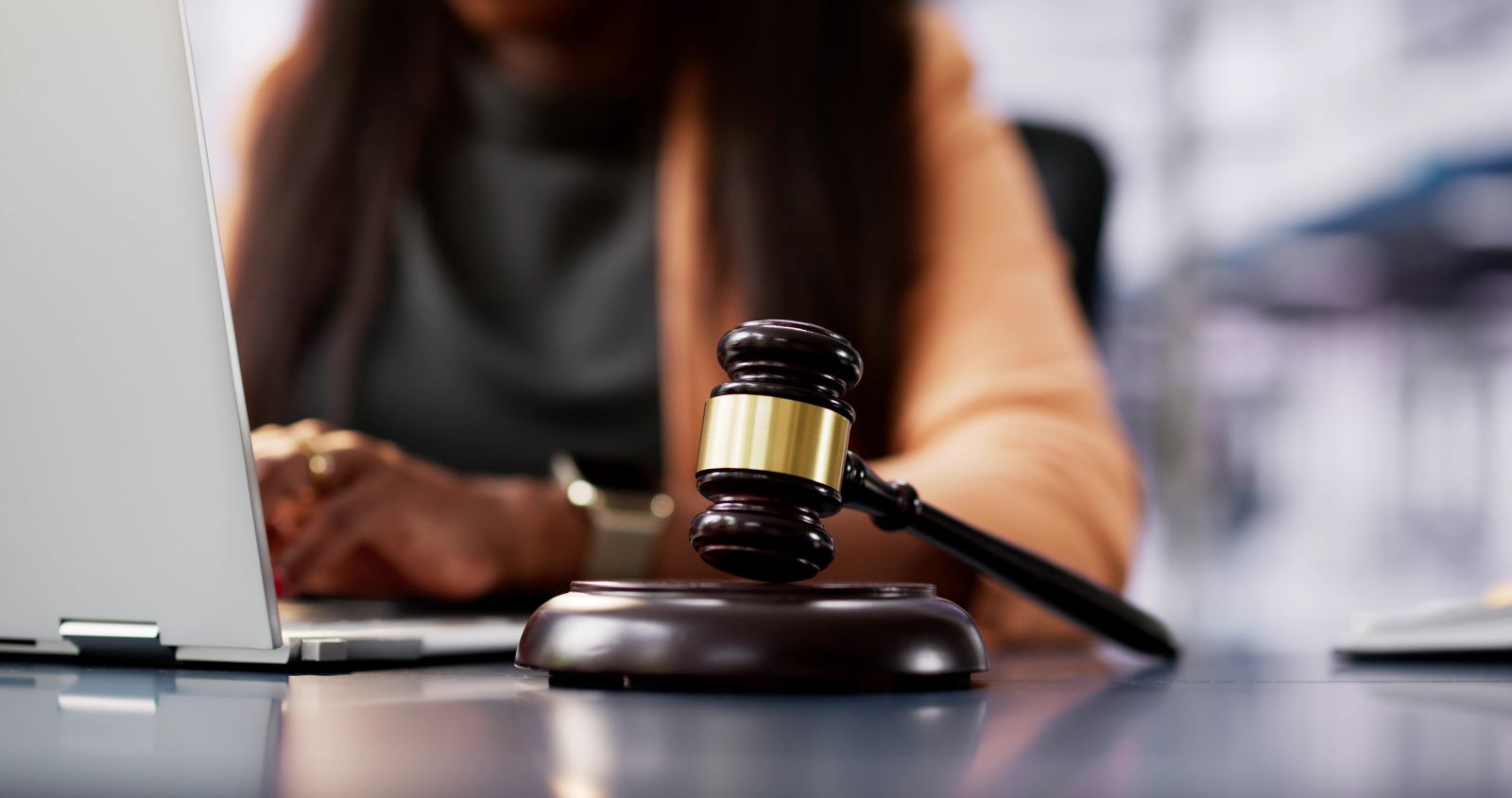
Image Credit: Shutterstock / Andrey_Popov
Hit-and-run cases are often complex and can take months—or even years—to resolve. Be prepared for a long legal process and stay patient. Rushing the process or making hasty decisions could lead to more severe consequences down the road. Trust your attorney and stay committed to seeing your case through.
Act Now, Before It’s Too Late
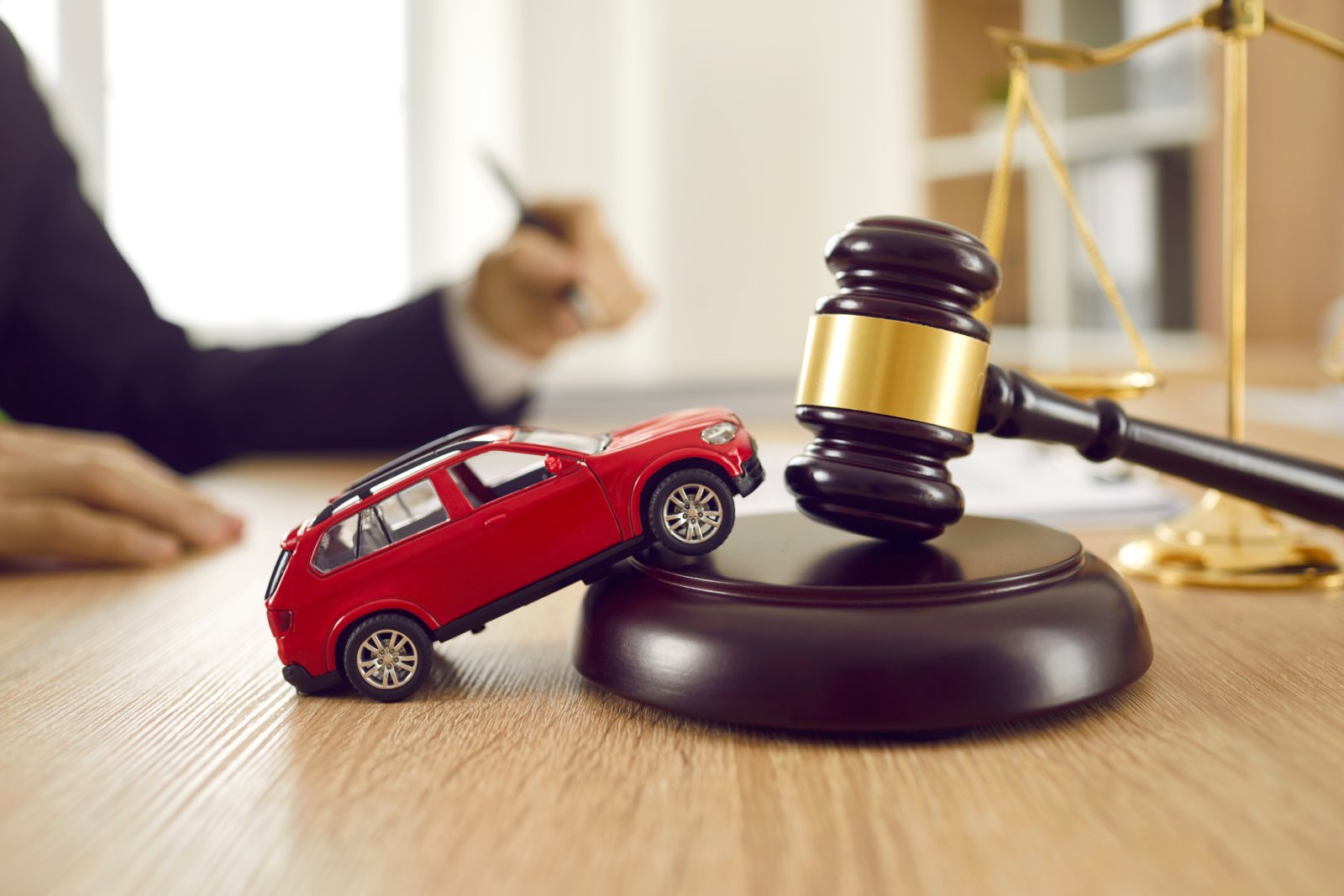
Image Credit: Shutterstock / Studio Romantic
Being accused of a hit-and-run is a serious matter with life-altering consequences. Ignoring the problem or trying to handle it on your own is not an option. Seek legal representation immediately, gather any evidence that may support your case, and be prepared for a tough legal battle ahead.
Police Magnet: 7 Cars That Guarantee You’ll Get Pulled Over
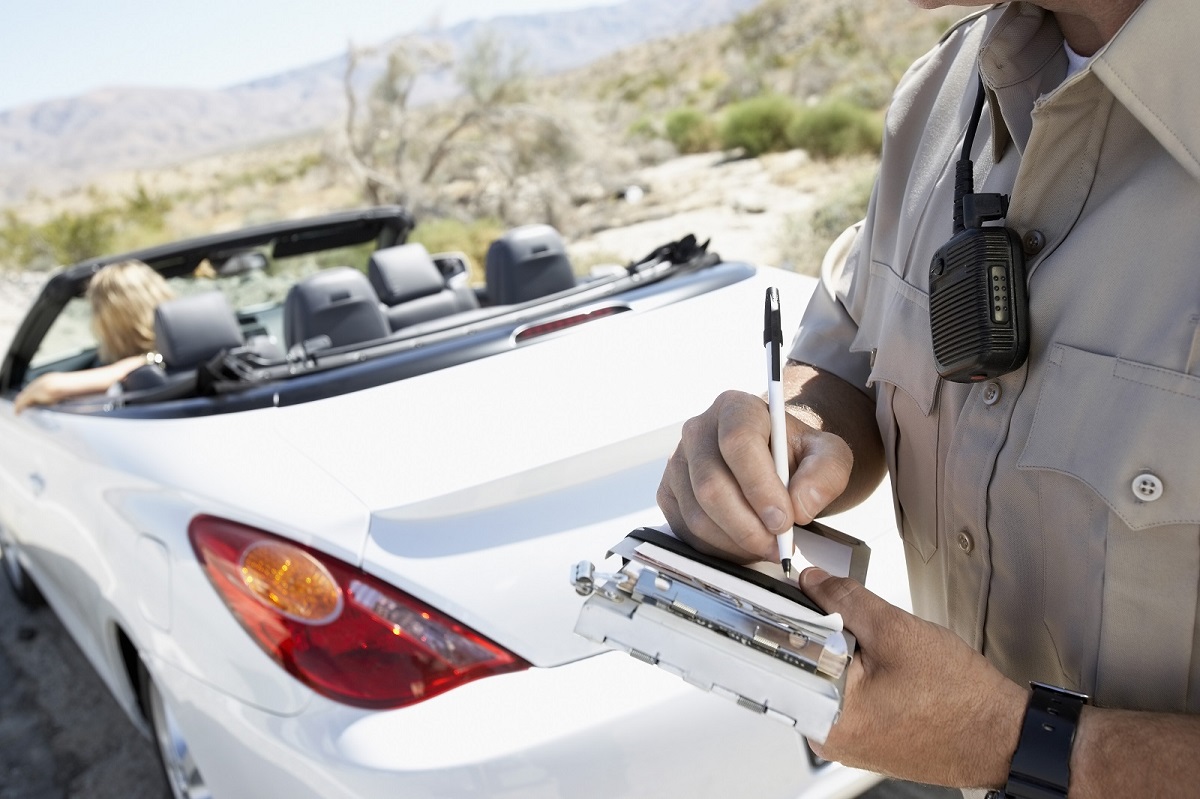
Image Credit: Shutterstock / sirtravelalot
Driving certain cars can make you more noticeable to law enforcement, even if you’re abiding by all the rules. Are you driving one of these “police magnets”? Here are seven cars that seem to attract more police attention than others. Police Magnet: 7 Cars That Guarantee You’ll Get Pulled Over
The Classic Cars That Were Total Clunkers

Image Credit: Pexels / Pixabay
Nostalgia has a funny way of making the past seem better than it was, especially when it comes to cars. But here’s the hard truth: some of those “classic” cars your dad raves about were real clunkers. Here’s a closer look at why some of those so-called “classics” weren’t all they were cracked up to be. The Classic Cars That Were Total Clunkers
The Worst U.S. Cars Ever Made: A Retro List

Image Credit: Pexels / Be The Observer
The U.S. auto industry has produced some incredible vehicles, but not every model was a hit. Here’s a look back at 16 of the worst cars ever made in the U.S., each infamous for its own unique flaws. The Worst U.S. Cars Ever Made: A Retro List
Featured Image Credit: Shutterstock / Studio Romantic.
The content of this article is for informational purposes only and does not constitute or replace professional advice.
The images used are for illustrative purposes only and may not represent the actual people or places mentioned in the article.
For transparency, this content was partly developed with AI assistance and carefully curated by an experienced editor to be informative and ensure accuracy.



